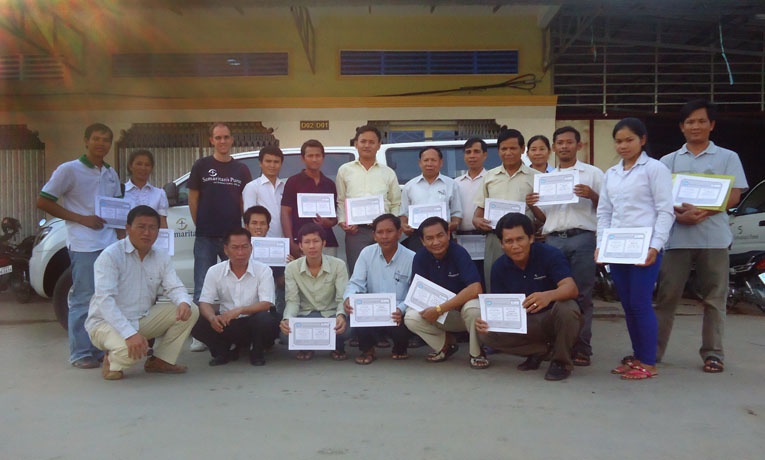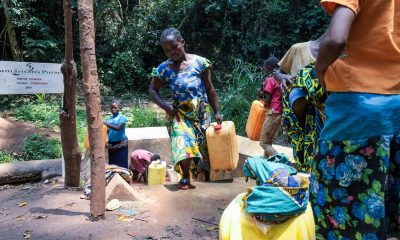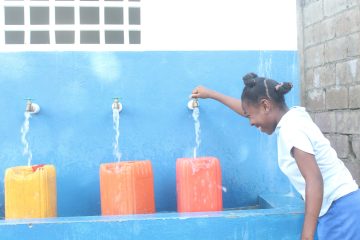Our Water for Kids project in Cambodia invites education leaders to Samaritan's Purse for biblically-based training on how to improve their schools
By Chum Pov, Water for Kids field officer in Cambodia
Imagine never knowing anything about Christianity or the church and walking into a worship service for the first time. Every morning at our office we start with devotions and a time of worship. This is actually rare because we live in a country that is predominantly Buddhist. Samaritan’s Purse is the only group in the city playing worship music every morning. Children in the neighborhood often peer in through the windows, wondering what this joyful music is about that is being played five days a week.
Although most people in Cambodia do not know much about Christianity, they are very interested in learning more when they have the chance. This month, the Water For Kids project invited education leaders in our province to our office for training. We did not require them to come to the devotion time, but some decided to join us anyway.
![DSC08449-001[5]](http://www.samaritanspurse.org/wp-content/uploads/2013/05/DSC08449-0015-320x240.jpg) During the lessons, we shared Bible verses to contribute to the discussion on characteristics of good leaders. As these classes were being taught, the leaders were encouraged and wanted to become better.
During the lessons, we shared Bible verses to contribute to the discussion on characteristics of good leaders. As these classes were being taught, the leaders were encouraged and wanted to become better.
Cambodia lacks good leaders and is plagued with corruption, swindling, and selfishness. During the Khmer Rouge genocide, anyone that had higher education or was a religious leader was murdered. Today, the nation is still rife with greed, bribery, and extortion. The problems are deep, including lack of human resources, infrastructure, and low funding for schools. The children are the ones suffering the most. The lack of clean water and sanitation leads to diarrheal disease rates of up to 30 percent in some schools.
Dealing with these challenges is not only a matter of increasing knowledge. As we train leaders, they are inspired to change in both their hearts and minds. We could see during the week that confidence was increasing as each member practiced what was taught in the presentation. Also, the issue of the cultural barrier to communication that exists between people of different classes was addressed. Overall, the leaders have some new tools to use in solving problems with their schools, and the students we are serving will certainly benefit.
We have already seen many of the school leaders taking an active role in improving their facilities. One school where we constructed a water tank and handwashing station used their own community funds to connect the water tank to the toilets. This is the kind of change that can leave a lasting impact on a community.
One of the participants in the training was a woman named Lieng La, the leader of the education district in Malai. She stood up at the end of the lessons and shared her thoughts. She was impressed that the self-evaluations showed 85 percent of participants had a high increase in their knowledge level. Also, she was thankful to Samaritan’s Purse for making this opportunity available. She said she is now more hopeful because these leaders have the tools to develop their schools.






